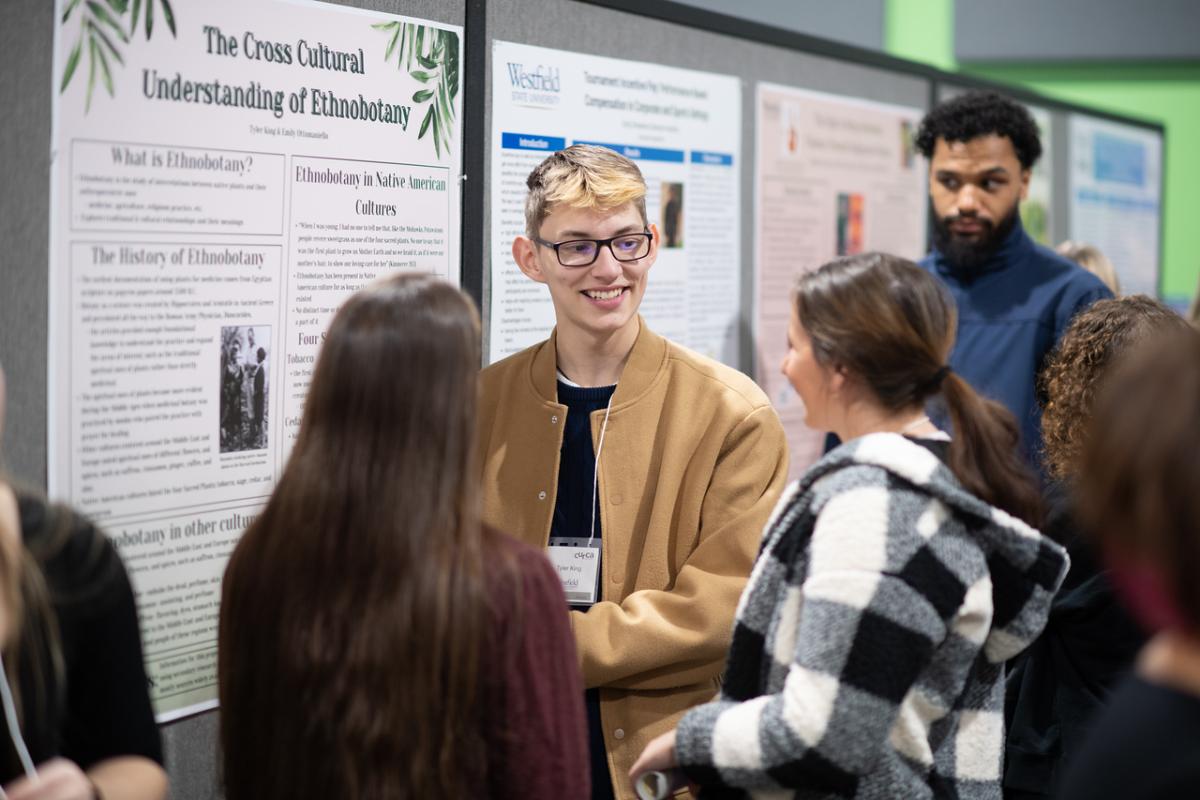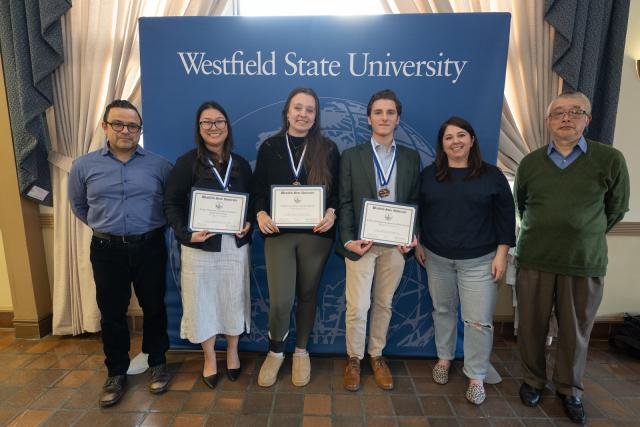
The Anthropology minor provides students with a diverse and interdisciplinary perspective on human societies, examining both historical and contemporary cultures through a holistic lens. By studying the symbols, rituals, and social structures that shape human life, students gain insight into how individuals and communities make sense of their world. The program covers key areas of the discipline, including cultural anthropology, archaeology, biological anthropology, linguistics, and applied anthropology, with an emphasis on the global issues and post-colonial dynamics that influence modern societies. Students are encouraged to apply anthropological theory and methods to real-world challenges, fostering critical thinking, community engagement, and problem-solving skills. With a combination of foundational courses, specialized topics, internships, and research opportunities, the Anthropology minor offers a well-rounded approach to understanding the complexities of human behavior and societal development.

